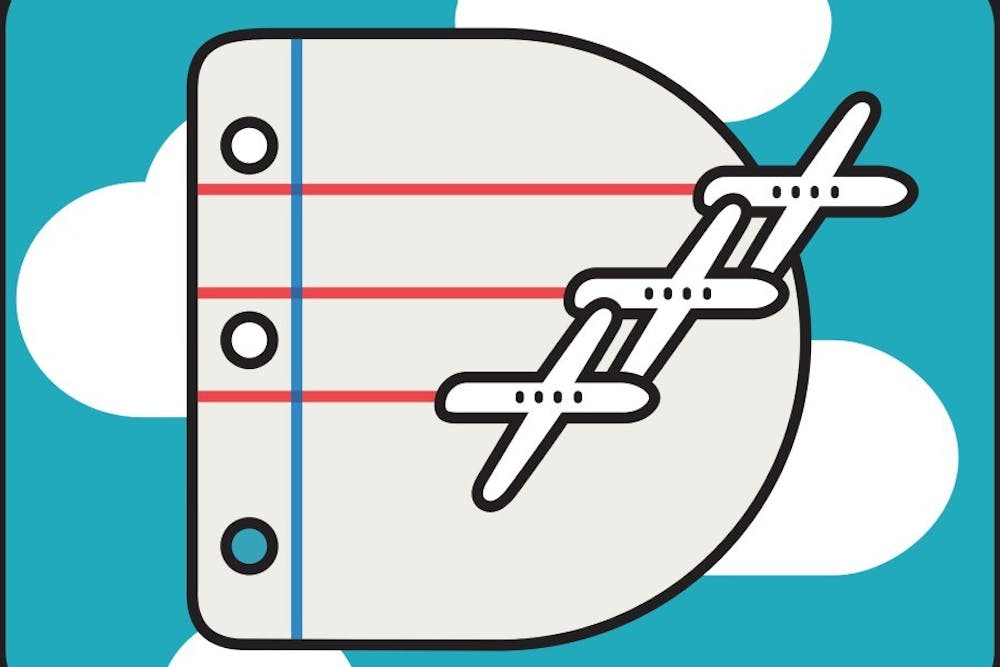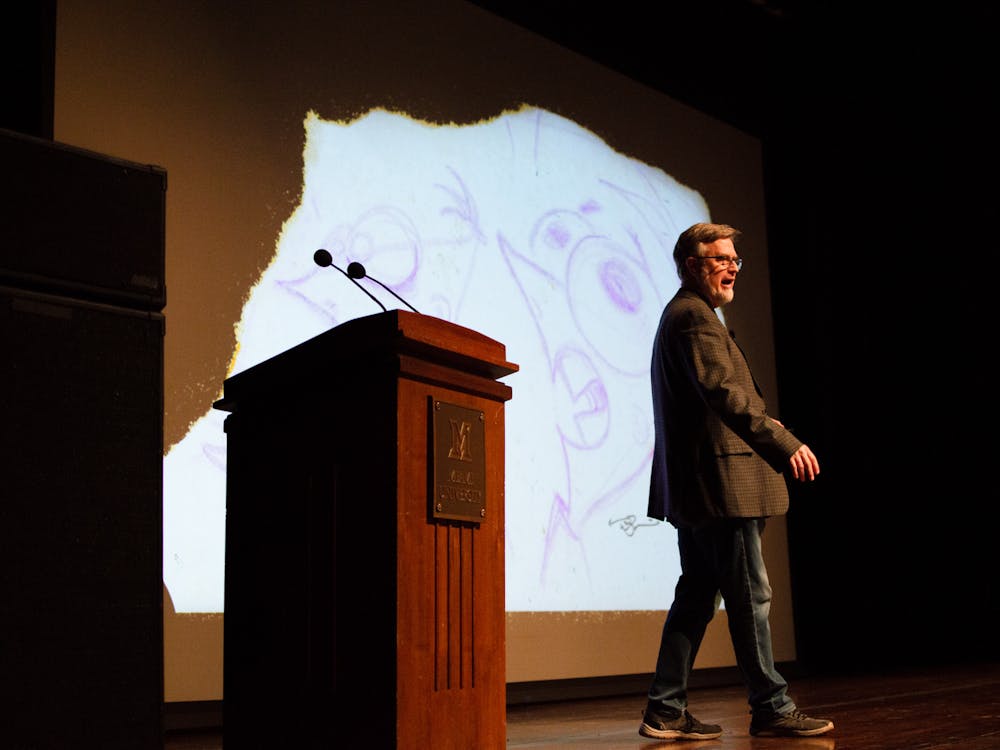By Laura Fitzgerald, Senior Staff Writer
Miami University students expressed mixed emotions about winter term as enrollment hit record numbers and the College of Arts and Science introduced a new deadline for faculty submitting study abroad and away programs.
Sophomore Megan Carroll stayed home for the winter term and did not take classes or study abroad because she said she was considering changing majors and did not know what to take.
Carroll said if she had not been deciding her major she would have taken classes and will probably take a class next year over winter term.
Winter term offers good opportunities for students who do take classes or study abroad,
Carroll said, but for students who do not enroll, the break can feel long.
"I think it's a good idea, but when you don't take classes, it gets kind of old," Carroll said.
Sophomore Angel Martinez took KNH 375, an online class. The class met via webcam half of the week and had assignments due the other half.
Martinez transferred last semester from Northern Illinois University, where the winter break was four to five weeks. Martinez said he preferred the shorter winter break because he gets bored at home and prefers to end school earlier in May.
Martinez said he took the class so he would not get bored at home. The workload was so heavy and the class was so short, Martinez said. He didn't get a lot of value from the class because he felt he didn't learn that much.
"I feel like it's not really that useful if you're not trying to go back and try to graduate on time," Martinez said.
While students expressed mixed emotions, winter term continues to see increasing student enrollment.
Enjoy what you're reading?
Signup for our newsletter
In January 2014, Miami's first winter term, 3,338 students enrolled in classes across all campuses, including Oxford, Hamilton, Middletown, Voice of America and Luxembourg. In 2015, that number increased to 4,379. This year, 4,903 students enrolled in classes, according to Phyllis Callahan, the Provost and Executive Vice President, indicating a 47 percent increase since the first year.
Of those students, 2,425 registered for classes online while 1,829 took a class on campus, according to Miami's website. Approximately 650 students studied abroad or away.
There has also been a change in the way faculty submit proposals for study abroad and away programs, which may have an effect on the programs.
In previous years, faculty could submit study abroad and away proposals on a rolling admission basis, meaning they could submit proposals as they were created. However, Global Initiatives usually encouraged faculty to have proposals for the following summer and winter submitted by mid-spring semester of the previous year, said Erin Brandyberry, coordinator of Global Programs.
The College of Arts and Science (CAS) is launching a pilot program in which all CAS faculty must have their proposals for summer 2016 and winter 2017 study abroad and away programs submitted by Feb. 15. Brandyberry says the goal is to have all options for students available far in advance so they can make informed decisions.
"We hope that having an earlier program submission deadline will better help students know what programs will be offered so they can plan accordingly in order to facilitate that participation," Brandyberry said.
Brandyberry said this probably won't affect the number of programs being offered for next winter term.
The formal deadline also promotes collaboration between departments and programs, rather than competition as multiple professors try to get students to sign up for their course, said Patricia Newberry, senior lecturer in the Media, Journalism and Film department.
"The College of Arts and Sciences is pleased with these explosions of programs," Newberry said. "But they don't want people competing with each other and cannibalizing each other's courses."
Out of the nine study abroad and away programs in the MJF department, two are for the winter term, one of which, Inside Chicago, was introduced this winter. However Newberry said students have to pick which programs they are able to do, so competition can happen between winter and summer programs.
Other winter programs were still created elsewhere this winter term, such as a six-credit hour program in Cuba offered through the Farmer School of Business. Students learn about business and finance as relations with the country open up.
Newberry led NYC Media, a three-year-old study away program in which students completed two weeks of online coursework and six days in New York City, visiting 17 media organizations and interviewing 19 journalists.
Newberry said the course was long enough to give students a look into the world of New York City media, even if they couldn't go into great depth.
"I think winter term courses are a deep and quick immersion into a topic," Newberry said. "So, obviously, in three weeks you can't learn everything about New York City media, but you can take a big bite to chew on."




